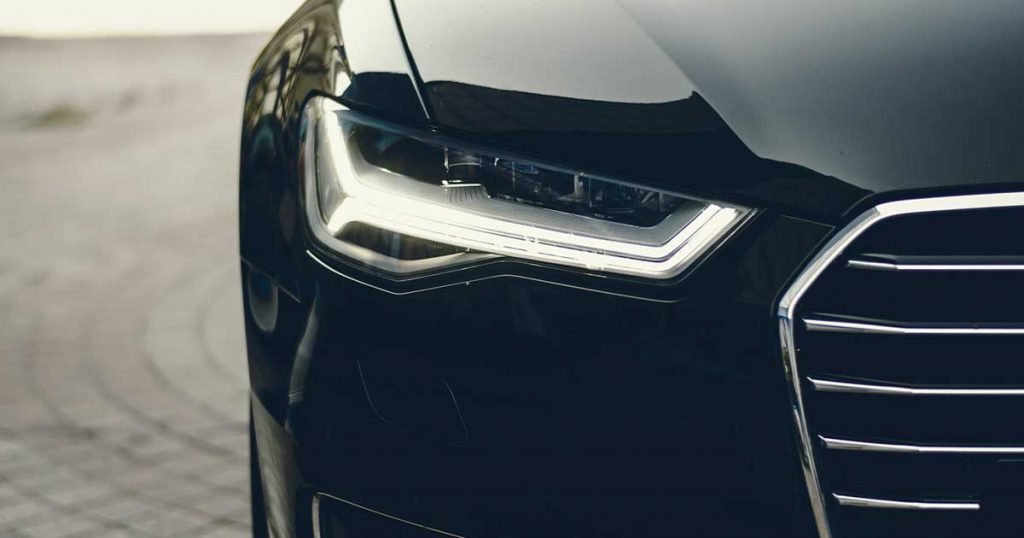Deciding where blame lies for road accidents is one of the more anxious tasks faced by judges, particularly if the victim is a child. That was certainly so in the case of a 13-year-old boy who was catastrophically injured by a reckless driver who was on the run from the police.
The driver, who had an extensive criminal record, leapt into his car as police officers approached him and took off with the door open and wheels spinning. After turning a corner he struck the teenager, who was crossing the road. The boy suffered a brain injury which rendered him gravely disabled, incapable of speech and entirely reliant on the care of others.
As the driver was without insurance, a claim was brought against the Motor Insurers’ Bureau (MIB), the body which compensates victims of uninsured motorists. The MIB did not dispute primary liability but argued that the boy had himself been careless in crossing the road when it was unsafe to do so.
Ruling on the matter, the High Court found that the teenager had looked right before stepping off the kerb. Although he was probably wearing headphones, that could not be viewed as negligent. Given the speed at which the car was travelling, however, a reasonably careful 13-year-old would have kept it under observation and waited for it to pass. Had he done so, the collision would have been avoided. His misjudgment could not be ignored and it was just and reasonable to find him 10 per cent responsible for the accident.
In ruling the driver 90 per cent to blame, the Court noted that, despite extensive damage to his car, he did not stop after hitting the boy at about 40mph in a 20mph speed zone. He careered on in a manner which was variously described as furious, reckless and appalling. After the accident, he pleaded guilty to offences including causing serious injury by dangerous driving and received a 45-month prison sentence. The amount of the boy’s compensation – which was bound to be very substantial even after a 10 per cent deduction – would be assessed at a further hearing if not agreed.





